Streams
Gender
CEMS members research early modern women and men from the perspectives of social, cultural, and literary history, the history of the emotions, historical linguistics, and the new materialism. Researchers study literary and non-literary writing and consider the material and political conditions of the cultural production of texts and artefacts from the long early modern period. Our research examines questions of gender and race, identities and alterities, and the body and illness with relation to socio-economic status.
People: Rosalind Smith, Julie Hotchin, Kate Flaherty, Jennifer Hendriks, Mark Dawson, Tania Colwell, Gemma Betros
Marginalia and the Early Modern Woman Writer, 1530-1660
Early Modern Women and the Poetry of Complaint, 1540-1660
Early Modern Women Research Network

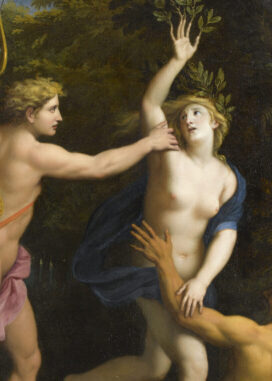
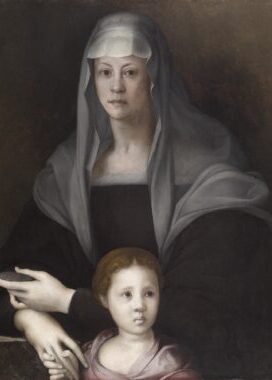
Material Cultures
The Centre’s approach to material cultures is vigorously interdisciplinary. By exploring the history, production, and circulation of precious objects and the role they play in courtly cultures of magnificence, cultures of devotion, and cross-cultural exchange, CEMS scholars of art, literature, linguistics, and cultural studies challenge traditional boundaries.
Our members’ research also probes understandings of the body in early modern cultures, focusing on how concepts of the body shaped ideas about emotion, health, and race. The centrality of the body and embodied experiences in fashioning early modern subjectivities is also explored through visual and textual media.
A team of our researchers work on the interrelationships of manuscripts and printed books, exploring their production, distribution, and reception, bringing into focus the wide range of types poetry and prose of the early modern period. Marginalia is a special part of CEMS’ material cultures studies. These annotations variously illuminate book collections and collectors, draw attention to scribal practices, reveal social and political perspectives, and provide gendered histories of reading, writing, and knowledge production.
People: Rosalind Smith, Julie Hotchin, Janet Hadley-Williams, Tania Colwell, Christina Clarke, Robert Wellington, Mark Dawson

Marginalia and the Early Modern Woman Writer, 1530-1660
Transforming the Early Modern Archive: the Emmerson Collection at State Library Victoria
Performing Transdisciplinarity
Travelling Objects: Art and Cultural Diplomacy
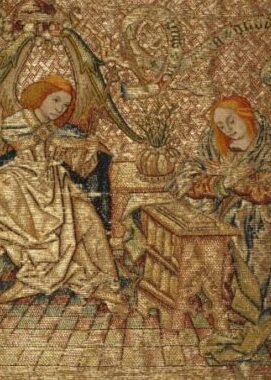


Mobilities
Researchers within the Centre engage seriously with the imperative in their teaching and research to decentralise and decolonise early modern historical research. This includes the need to produce global histories and histories of contact and intercultural exchange that do not valorise or perpetuate white European hierarchies of knowledge or power. Members are also conscious of the responsibility to deploy expertise in the histories of this period to identify and understand the mechanisms of colonialism that continue to the present day. Some of these questions are addressed within the Centre through research in historical linguistics on the effects of trade and forced migration on language formation and change, and through teaching and research on the long histories of racism. Mobility and the real-world impacts of early modern drama are studied by investigating the politics of movement and construction of space and place—both imaginative and physical—through drama and theatrical touring. Early literatures of travel, ethnography, and wonder that shaped early modern world views of cultures beyond Europe are also areas of concentration.
People: Kate Flaherty, Tania Colwell, Mark Dawson, Jennifer Hendriks, Una McIlvenna

Digital Humanities
The Centre has a concentration of researchers developing and using digital methods to analyse and visualise their research with the intention to make their data and research accessible to audiences as a resource within and beyond the academy. This includes the ambitious project of a searchable database of the linguistic forms of the oral “lingua franca” that evolved around and across the Mediterranean between the Middle Ages and the nineteenth century. A recently completed project of transdisciplinary collaboration between researchers from ANU, The University of Sydney, Oxford University, and Sorbonne University, resulted in the launch of a digital eighteenth century songbook. The ARC-funded Discovery Project on Early Modern Women and the Poetry of Complaint has produced a digital index of the corpus of early modern women’s poetry in this mode, collaborating with digital designers to rethink the index as a bibliographical tool in the digital age.
A collaboration between scholars from Australia and New Zealand, and the State Library Victoria on the Emmerson Collection, Australia’s first early modern archive of scale, seeks to understand and contextualise this bequest of over 5000 early modern books as well as to provide digital pathways for scholarly and public engagement within the collection. An ongoing collaborative project between ANU, La Trobe University, and the British School at Rome is developing an online spatial database to explore the early modern visual, textual, and archival history of the Roman Campagna. This project shines a new light on the interdisciplinary history of landscape, highlighting historical climate change, social unrest, control of agriculture, and the emergence of European landscape painting.
Centre members have expertise in digital editing, new digital visualisations, and the creation of digital resources, designed to open up the early modern period to new kinds of engagement for scholars and for the general public.
People: Christina Clarke, Katrina Grant, Rosalind Smith, Mitchell Whitelaw, Robert Wellington
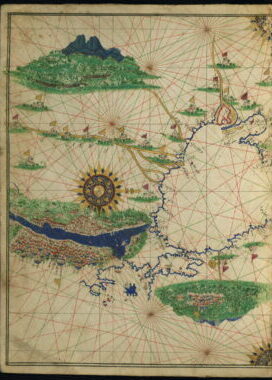
Transforming the Early Modern Archive: the Emmerson Collection at State Library Victoria
Early Modern Women and the Poetry of Complaint, 1540-1660
Performing Transdisciplinarity
Material Cultures of Early Modern Women’s Writing

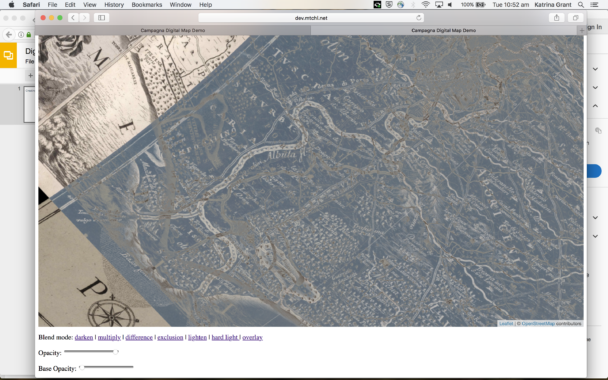
Environment
The Centre actively engages in the ‘spatial turn’ through an interdisciplinary focus on the environment in early modern literature, history and culture. Researchers explore literary and dramatic representations of the natural world, theoretical frameworks across ecocriticism and place studies, and the intersection of early modern environments with gender, empire, mobilities and material cultures. Members’ research interests include the construction of spatial imaginaries in early modern drama, literature and the history of real estate, visual culture, gardens and the history of landscapes. This stream also supports ecocritical and place-based teaching.
Members also work within the ‘blue humanities’, which focuses on representations of water in literature and culture and engages theoretically with ‘watery thinking’. This encompasses scholarly interests in mobility and oceanic travel, dramatic representations of watery environments and the supernatural, histories of seaside tourism and the intersection of real and imagined environments in early modern drama.
Our members are interested in supporting further research within this stream and developing innovative approaches to interpreting human-environmental relations in early modern culture.
People: Claire Hansen, Amelia Dale, Kate Flaherty, Barbara Taylor, Katrina Grant

